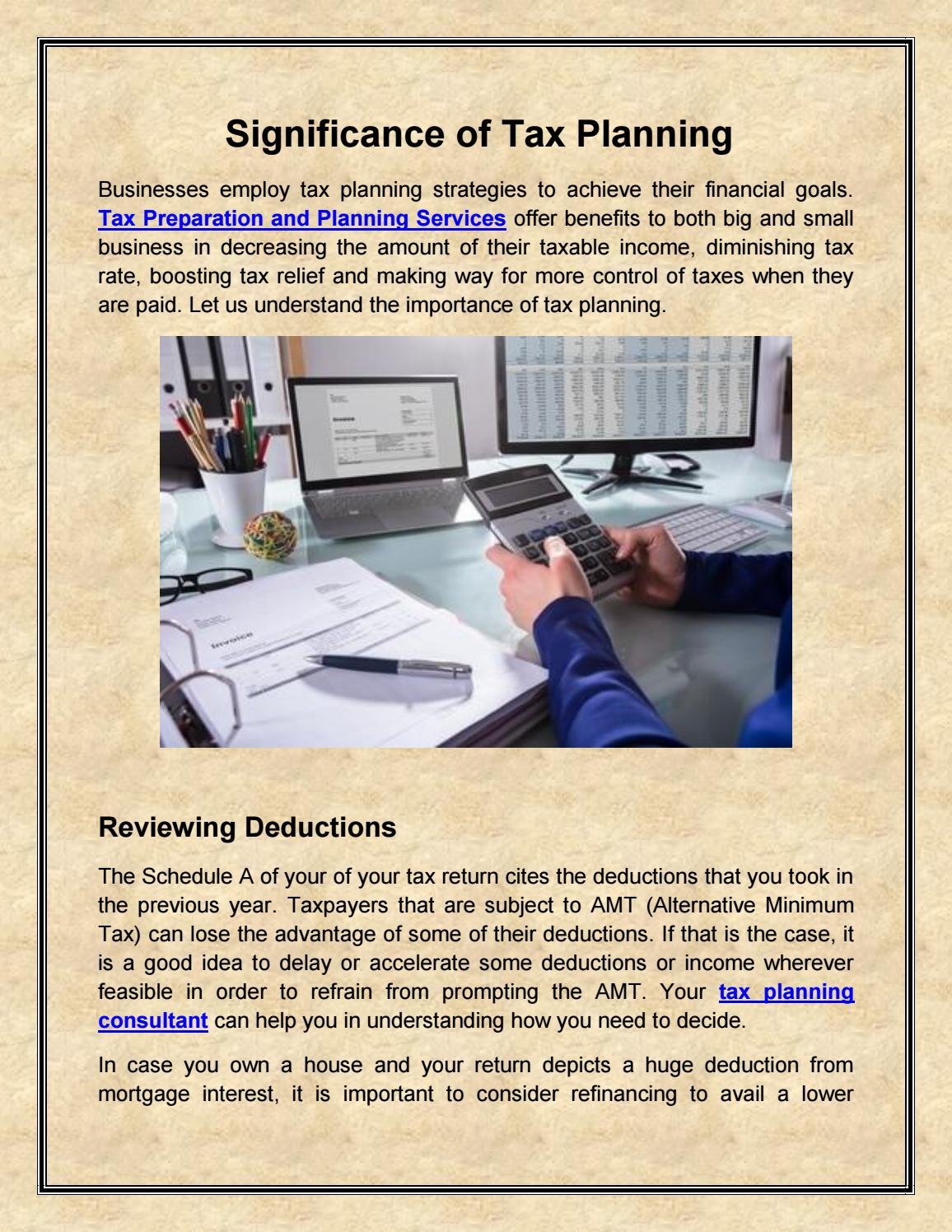Looking to start your own business but not sure how to choose the right business structure? Well, you’ve come to the right place! In this article, we’ll walk you through the process of selecting the perfect business structure for your venture. From sole proprietorships to partnerships and corporations, we’ll explore the pros and cons of each option, helping you make an informed decision that aligns with your goals and aspirations. So, without further ado, let’s dive into the world of business structures and find the one that suits you best.
How to Choose the Right Business Structure
Choosing the right business structure is a crucial decision for any entrepreneur or business owner. The structure you select will have a significant impact on your business’s legal and financial aspects, as well as its overall operations. With various options available, it’s essential to understand the different structures and consider factors such as liability, taxes, flexibility, and governance. In this comprehensive guide, we will walk you through the process of choosing the perfect business structure for your needs. Let’s dive in!
1. Sole Proprietorship
A sole proprietorship is the simplest and most common form of business, suitable for small-scale ventures and individuals operating on their own. Here are some key points to consider:
- Liability: As a sole proprietor, you are personally responsible for all business obligations, including debts and liabilities.
- Taxes: Business income is reported on your personal tax return, and you are taxed at the individual tax rate.
- Flexibility: You have complete control over decision-making and operations.
- Governance: There are no formalities or legal requirements. You make all business decisions independently.
2. Partnership
Partnerships are suitable when two or more individuals join forces to establish and operate a business together. Here’s what you need to know:
- Liability: In a general partnership, all partners share liability and are individually responsible for the business’s obligations.
- Taxes: Partners report their share of profits or losses on their personal tax returns. The partnership itself does not pay taxes.
- Flexibility: Partnerships offer more flexibility in decision-making and sharing responsibilities.
- Governance: Partnerships generally require a written partnership agreement to outline the division of profits, responsibilities, and dispute resolution.
3. Limited Liability Company (LLC)
LLCs provide a flexible and popular business structure that offers limited liability protection. Consider these points when evaluating an LLC:
- Liability: Owners (referred to as members) are usually not personally liable for the company’s debts or liabilities beyond their investment.
- Taxes: An LLC can choose to be taxed as a sole proprietorship, partnership, or corporation. Flexibility abounds!
- Flexibility: LLCs offer operational flexibility with fewer formalities compared to corporations.
- Governance: Operating agreements outline the management structure, decision-making process, and responsibilities of members.
4. Corporation
A corporation is a separate legal entity, distinct from its owners (shareholders). It offers strong liability protection and is suitable for larger-scale businesses. Consider the following:
- Liability: Shareholders are generally not personally liable for the corporation’s debts or liabilities.
- Taxes: Corporations are subject to double taxation, with the entity being taxed on its profits and shareholders paying taxes on dividends and salaries.
- Flexibility: Corporations have a formal structure with a board of directors, officers, and shareholders. Decision-making can be more complex due to these additional layers.
- Governance: Corporations must follow specific legal requirements, including adopting bylaws, holding regular meetings, and maintaining records.
5. Nonprofit Organization
If your business is focused on charitable, educational, or other public service purposes, establishing a nonprofit organization might be the right choice. Key considerations include:
- Liability: Nonprofits offer liability protection for directors, officers, and members, similar to a corporation.
- Taxes: Nonprofits can apply for tax-exempt status, making them exempt from federal income taxes.
- Flexibility: Nonprofits have to adhere to specific rules and regulations governing their activities and use of funds.
- Governance: Nonprofits require a board of directors and need to meet certain criteria to maintain their tax-exempt status.
Factors to Consider
Choosing the right business structure goes beyond understanding the basic options. Here are additional factors to consider:
a. Liability
- Consider the level of personal liability you are willing to assume. Some structures protect personal assets, while others expose them to risk.
- Assess the nature of your business and the potential for accidents, lawsuits, or debts.
b. Taxes
- Evaluate the tax implications of each structure and determine the most advantageous option for your business.
- Consider state and local tax requirements in addition to federal taxes.
c. Ownership and Control
- Assess how much control and decision-making authority you want to retain.
- Consider ease of transferability of ownership interests if you plan to involve partners or sell the business in the future.
d. Administrative and Compliance Requirements
- Consider the level of administrative burden, reporting requirements, and compliance costs associated with each structure.
- Ensure the chosen structure aligns with your ability to meet these obligations.
e. Funding and Growth Potential
- Assess the availability of funding options for each structure, including loans, grants, or attracting investors.
- Consider the long-term growth potential and scalability of your business under each structure.
f. Industry and Stakeholder Perception
- Some industries or stakeholders may prefer or require specific business structures for credibility or legal reasons.
- Research industry standards and expectations, and consider how your chosen structure aligns with those norms.
In Conclusion
Choosing the right business structure is a critical decision that will impact your business’s success in the long run. Consider the unique characteristics of each structure and how they align with your goals, needs, and preferences. Don’t hesitate to seek professional advice from attorneys, accountants, or business consultants to ensure you make an informed choice. By carefully evaluating all the factors discussed in this guide, you’ll be well-equipped to select the perfect business structure for your venture. Happy structuring!
Business Structure – Choosing the right Structure for your Business
Frequently Asked Questions
Frequently Asked Questions (FAQs)
How to Choose the Right Business Structure?
Choosing the right business structure is crucial for the success and legal protection of your business. Here are some common questions and answers to help you navigate this decision:
What are the different types of business structures?
There are several types of business structures to choose from, including sole proprietorship, partnership, limited liability company (LLC), corporation, and cooperative. Each structure has its own advantages and disadvantages.
What factors should I consider when choosing a business structure?
When selecting a business structure, consider factors such as liability protection, tax implications, management structure, flexibility, and the future growth potential of your business.
What is a sole proprietorship and is it suitable for my business?
A sole proprietorship is the simplest form of business structure where a single individual owns and operates the business. It offers simplicity but provides no liability protection, meaning your personal assets are at risk.
What is a partnership and when should I consider it?
A partnership is when two or more individuals share ownership and responsibility for a business. This structure is suitable for businesses where owners want to pool their resources, skills, and knowledge.
What is a limited liability company (LLC) and why should I choose it?
An LLC is a popular choice for many small businesses as it provides both liability protection and flexibility in terms of management and taxation. It combines the advantages of a corporation and partnership.
What is a corporation and what are its advantages?
A corporation is a separate legal entity from its owners. It offers strong liability protection, perpetual existence, and the ability to raise capital through the sale of stocks. However, it involves more administrative formalities and is subject to double taxation.
What is a cooperative and in what industries is it commonly found?
A cooperative is owned and operated by its members who benefit from shared resources and decision-making. It is commonly found in agriculture, housing, food, and retail industries.
Should I seek legal advice when choosing a business structure?
While it is not mandatory, seeking legal advice from a business attorney can be beneficial in understanding the legal implications of each structure and choosing the one that best fits your specific business needs.
Can I change my business structure in the future?
Yes, it is possible to change your business structure as your business grows and evolves. However, it’s important to consider the potential costs, tax implications, and legal requirements involved in transitioning to a different structure.
Final Thoughts
Choosing the right business structure is crucial for the success of any entrepreneurial venture. The structure you select will impact your company’s legal and financial obligations, as well as its flexibility for growth and potential tax advantages. Understanding the options available to you, such as sole proprietorship, partnership, corporation, or LLC, is essential. Evaluate your business goals, risk tolerance, and desired level of control to make an informed decision. Seek professional advice from lawyers, accountants, or business consultants to ensure compliance with local regulations and optimize your business structure. Making the right choice will lay a strong foundation for your enterprise’s growth and sustainability. So, when deciding on how to choose the right business structure, take the time to assess your needs and explore the available options.


